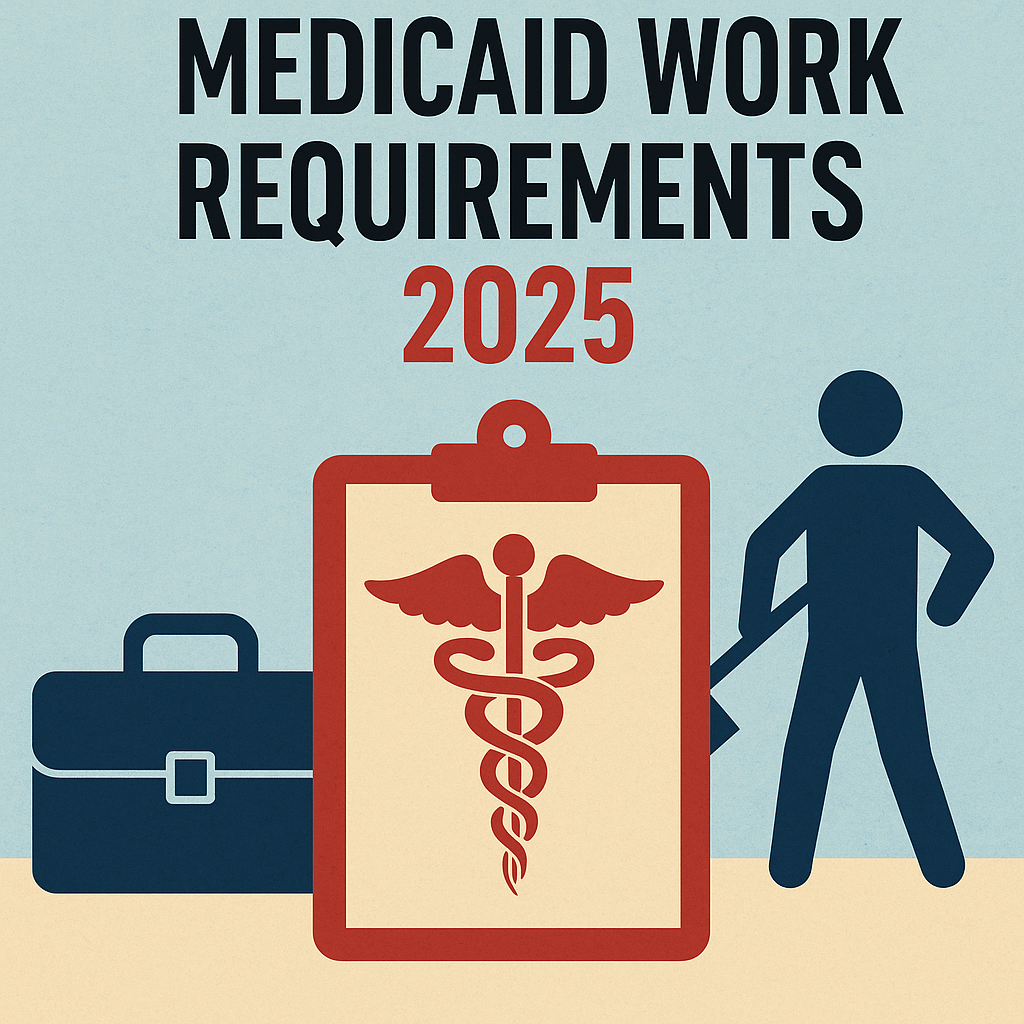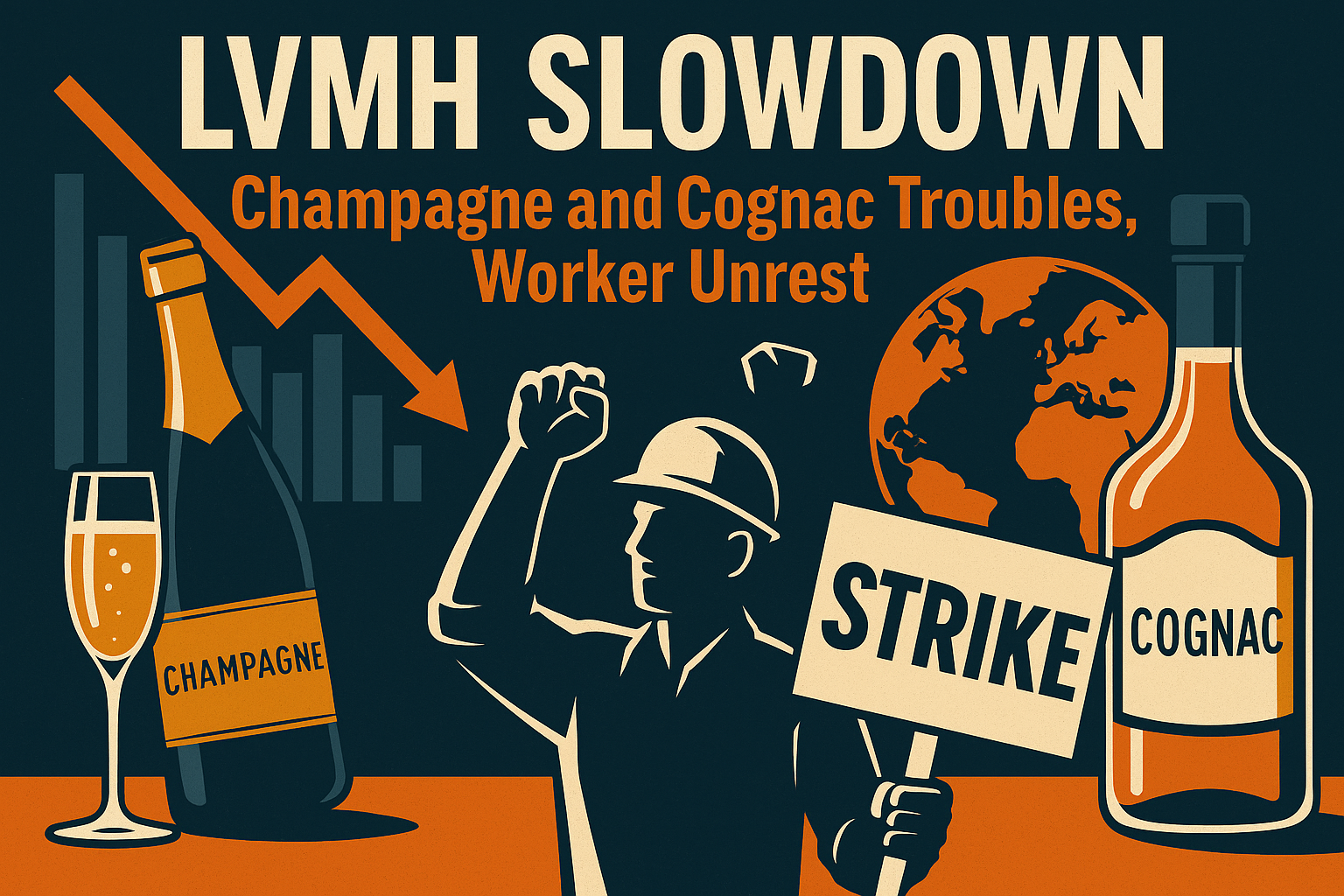As Washington D.C. gears up for another high-stakes legislative battle, Republicans are once again turning their focus toward healthcare reform — this time through what they describe as “common-sense” Medicaid work requirements 2025. But while GOP leaders insist their latest proposal won’t cut benefits, history and policy experts suggest otherwise.
With Speaker Mike Johnson leading the charge, the proposal ties Medicaid eligibility for millions of low-income Americans to employment, volunteer work, or job training — and it’s bundled into a new tax bill that also aims to extend Trump-era tax cuts. The move has sparked outrage among Democrats and healthcare advocates, setting up a clash that may shape the future of one of America’s most crucial safety net programs.
The Background: How We Got Here
Medicaid, the joint federal and state program providing healthcare to more than 85 million Americans, has long been a political lightning rod. Since its expansion under the Affordable Care Act, Republicans have argued that the program needs “reform” to prevent dependency and reduce government spending.
Work requirements were first introduced at the state level during the Trump administration. In 2018, Arkansas became the test case — and within months, more than 18,000 people lost coverage. The courts eventually blocked the mandate, but the political appetite on the right for enforcing employment as a condition of public aid never faded.
Now, with Republicans controlling the House, the idea is back — and bigger than before. Tied to a broader economic package, the Medicaid work requirements 2025 proposal has morphed into both a legislative strategy and a campaign message.
What the GOP Is Proposing in 2025
Under the proposed rules in Medicaid Work Requirements 2025, adults aged 19 to 55 who are physically able, not pregnant, and without dependents would be required to complete at least 80 hours per month of work, job training, or approved volunteer service to maintain Medicaid coverage.
Speaker Johnson calls it a measure of fairness: “We believe in the dignity of work,” he said during a recent press conference. “Taxpayers expect accountability — not unlimited handouts.”
The Republican argument is that these requirements of Medicaid Work Requirements 2025 will encourage employment, reduce reliance on federal aid, and ultimately lower costs. But opponents see it differently.
Why Critics Call This a Cut in Disguise
Democrats and health experts argue that Medicaid work requirements 2025 are essentially benefit cuts dressed up as reform. Though the bill doesn’t reduce Medicaid’s overall budget, it adds layers of red tape that are likely to push vulnerable people off the program.
“Many people who are already working will lose coverage simply because they can’t keep up with the paperwork,” said Joan Alker, executive director of the Center for Children and Families at Georgetown University. “This is not about jobs. It’s about restricting access.”
Studies from previous trials show that even among eligible individuals, compliance with work reporting systems was low — often due to unstable job hours, lack of internet access, or confusion about the rules. The result? Fewer people insured.
Bundling with Tax Cuts: A Strategic Gamble
Speaker Johnson’s strategy isn’t just ideological — it’s tactical. By attaching Medicaid work requirements 2025 to a popular tax bill that includes business incentives and middle-class relief, Republicans are daring Democrats to block the entire package.
It’s a classic Washington move: pair a contentious policy with something broadly popular and see who blinks first.
But Senate Democrats, led by Majority Leader Chuck Schumer, have drawn a red line. “We won’t trade people’s healthcare for tax cuts for the rich,” he declared. President Biden has echoed that stance, calling the work requirement plan “cruel” and “counterproductive.”
Trump’s Role: The Return of a Familiar Playbook
Donald Trump, now the Republican presidential nominee, has been echoing similar sentiments on the campaign trail. In his speeches, he claims credit for tough border policies and economic reforms — even referencing a “big, beautiful bill” to stop migrant caravans and reduce welfare fraud.
But the reality is that no such comprehensive immigration or Medicaid reform bill passed during his presidency. Most of his policies were enacted via executive order, not legislation.
His rhetoric, though, is resonating — and Republican lawmakers are trying to ride that wave, blending immigration crackdowns with entitlement restrictions under the broader theme of “restoring order.”
What Happens If the Plan Passes?
If the House version of the bill becomes law, states would be required to implement the new work rules — and millions of Medicaid recipients would need to start reporting monthly work or service hours.
Failure to comply could result in coverage loss, even for those already employed.
This could especially affect rural populations, people with unrecognized disabilities, or individuals juggling multiple part-time jobs with irregular hours — many of whom already face barriers in accessing consistent healthcare.
A Shift in the Social Contract?
Beyond policy mechanics, Medicaid work requirements 2025 represent a larger shift in how Republicans and Democrats view the social safety net. Is healthcare a right, or a benefit to be earned?
Supporters see the proposal as a nudge toward self-sufficiency. Critics see it as a fundamental threat to vulnerable communities.
“Republicans are trying to redefine what it means to deserve care,” said Hannah Katch of the Center on Budget and Policy Priorities. “But they’re doing it by quietly pushing people out of the system.”
Conclusion: The Stakes for 2025 and Beyond
The fight over Medicaid work requirements 2025 is more than just a budget issue — it’s a battle over who gets to participate in American society and under what conditions. While Republicans claim it’s about responsibility and fairness, the consequences could be life-altering for millions who rely on Medicaid for doctor visits, prescriptions, and basic health services.
As this legislation advances, the country will be watching not only for the final vote — but for what it reveals about our values and vision for the future of healthcare.














Leave a Reply